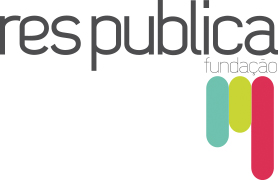
next social, next economy
Publication
Coronavirus: navigating a new storm with an old boat?
May 12, 2020Author: Estrella Durá Ferrandis, Irina de Sancho Alonso
How the fiscal and financial architecture of the EU can be changed in order to protect the rights of citizens
and the social welfare state in situations of economic crisis
This paper analyses how the financial reforms undertaken by the EU after the 2008 crisis have legally and financially limited the State in its ability to intervene in many areas as well as raising barriers to its protective role.
It explores how the macroeconomic and financial architecture that was implemented subsequently placed the financial system and macroeconomic stability on the highest pedestal of European objectives, relegating the rest of the social objectives provided for in the Treaties of the Union to a second category of importance, always subordinated to the achievement of the former.
Based on the apparent consensus that currently exists regarding state and European intervention in times of crisis, the essay highlights the reforms that should be undertaken in order to put social rights and welfare systems at the forefront of public policy in Europe. This essay outlines what type of mechanisms are necessary for the EU to be the overarching protector of peace, stability and the wellbeing of citizens.
These proposals suggest putting into practice a system in which the Stability and Growth Pact is balanced to resolve its fundamental contradictions in terms of social and ecological justice. Ultimately, political will is the missing element in the equation in order to establish a new order that stops the bleeding of unsustainable public debt through tax justice and fair redistribution policies.
related publications
-

Challenges for EU enlargement in a post-covid scenario
read more -

The New Industrial Strategy for Europe
read more -

Taxing Multinationals in the European Union
read more -

The Generational Impact of the Coronavirus Pandemic
read more -

Devising a Consensus-Driven Security Architecture for the MENA Region
read more -

Progressive Yearbook 2021
read more



























































